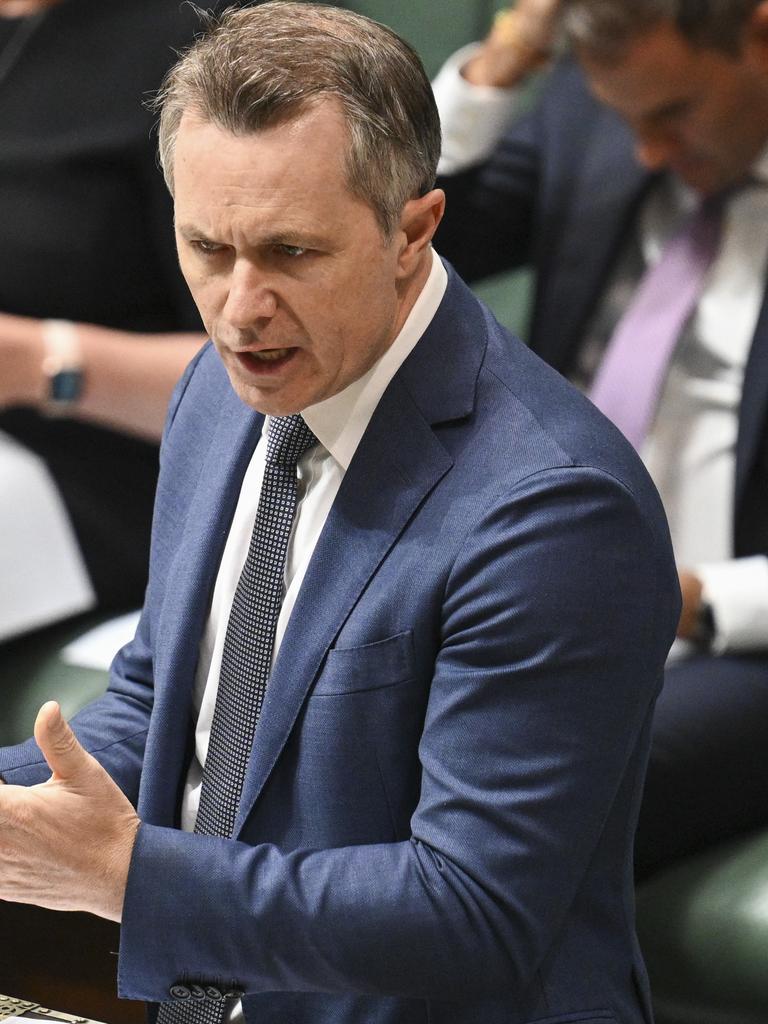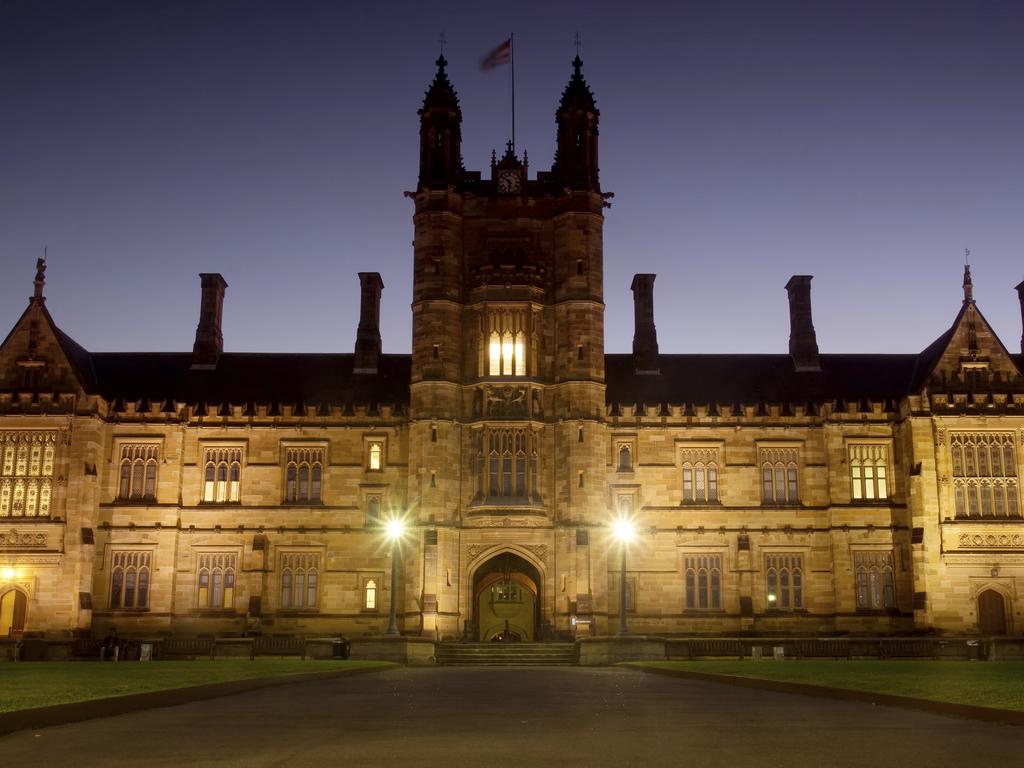Politics of uni Accord could backfire on the left


But what are the likely political effects of 80 per cent of voters going through some form of tertiary education? Is what Labor intends, what they will get?
While numbers of Australians in vocational education and training will remain essentially static (at about a third), the real growth will take place in our universities. If the Accord dictates the pace of change, which I suspect it will, the proportion of university-educated Australians aged 25 to 34 will increase from 45 per cent now to 55 per cent by 2050.
There are some reasons to be chipper if you’re a Labor politician. But I can see a case where this expansion might benefit the right side of politics. The lens we need is other anglophone democracies.

In higher education participation rates, ahead of Australia (in eighth place), are Canada (second), Ireland (fourth) and the UK (seventh). The US is 10th. (South Korea is No.1.) I’ve been an academic in four of these five. How has mass college education changed the politics of these nations?
While correlation is not always causation, it sometimes really is. As a general rule, more university graduates have moved the politics of each of these nations leftward. Sure, the UK has had a Conservative government since 2010. But a progressive spectre haunts it. Under this Tory ascendancy, Great Britain has become reliably left-wing on social and cultural issues. Its campuses, the great engines of its civil service, increasingly resemble woke, pro-EU madrasahs.
Resistance is brewing. As Reading University’s vice-chancellor observed this week: “I am not the only vice-chancellor who has noted that colleagues far too often self-censor their views. Because coming out as being the divergent voice in the echo chamber can feel like a career-limiting move … we must guard against turning our universities into ‘uniformities’.”
Canada? Where to start? Its politics of land acknowledgments reflects the obsessions of its campuses and vice versa. The effect has been to rehabilitate the commonsense conservatism of its opponents. This has lessons for Australia, which I’ll come to.
The real comparator with Australia is the US. The percentage of Americans with college degrees (including other tertiary-level experience) increased from 38 per cent in 2009 to almost 54 per cent in 2021. The most reliable indicator of voting preference in America is a college education. In his two presidential elections, Donald Trump won 64 and 61 per cent, respectively, of those voters without a degree.
Joe Biden knows the potential electoral spin-off of wiping out student loan debt (for nearly four million college graduates) will further weaken the attraction of the GOP to them. The strategic calculation is crude but potentially devastating for Republican fortunes, this year and into the post-Trump era: identity politics will train students to vote Democratic and Democratic debt forgiveness will create an enduring progressive majority. The blue-collar workers, who won’t go to university but be obliged to fund this middle-class tax relief, will be too small in number to challenge the new hegemony.
Transposing this logic Down Under, Education Minister Jason Clare might suppose his Accord will entrench the progressivism he will inherit as prime minister – I see few more articulate and able contenders to replace Anthony Albanese. But there are some reasons for Peter Dutton, and his successors, to be optimistic.
First, it is not clear that attempts at ideological indoctrination in Australian lecture halls succeed. The hollowness of much social justice pedagogy, currently in vogue, is increasingly (if anecdotally) being met by student scepticism. It is just harder to measure that scepticism. The social costs of countering the identity politics narrative can be too high for a 20-year-old.
But it doesn’t mean she isn’t thinking: “That just doesn’t make sense.” Mobilise that unease, and Peter Dutton’s counter-revolution is a few steps closer. It is also hard to teach “grievance studies” well, in interesting ways, that would build the kind of lifelong political loyalties its activist lecturers crave. This nation produces a robust first preference vote for right-of-centre parties of nearly 40 per cent. And we know, despite decades of the left trying to racialise Australian politics, the voice referendum went decisively against it.

Second, if the higher education expansion leads to students with ATARs of 45 getting into university, they will demand a clear financial career return. I am sceptical that gender studies will give them that. That would be good for conservative fortunes. Real disciplines that promote understanding and truth, rather than justice and equity, would begin to reassert themselves.
“Go woke, go broke” is a maxim the Accord’s enrolment expansion would force into the minds of our vice-chancellors. The need to secure the fees and loyalty of new regional, suburban First Nations, working-class students would dilute the propertied, middle-class, luxury beliefs that frame too much campus discourse. The expansion of numbers could well lift the academic freedom on our campuses.
Market demand for what universities do would increase proportionate to their comfort with clashing ideas. That would be good for the ideological diversity and cultural pluralism of Australian democracy. Let them come. I have PowerPoint slides ready to go.
Timothy J. Lynch is professor of American politics at the University of Melbourne.







The Australian Universities Accord aims to expand access to tertiary education in this country to the highest level in the world. We know the economic objectives behind this ambition. These have been subject to much good analysis.